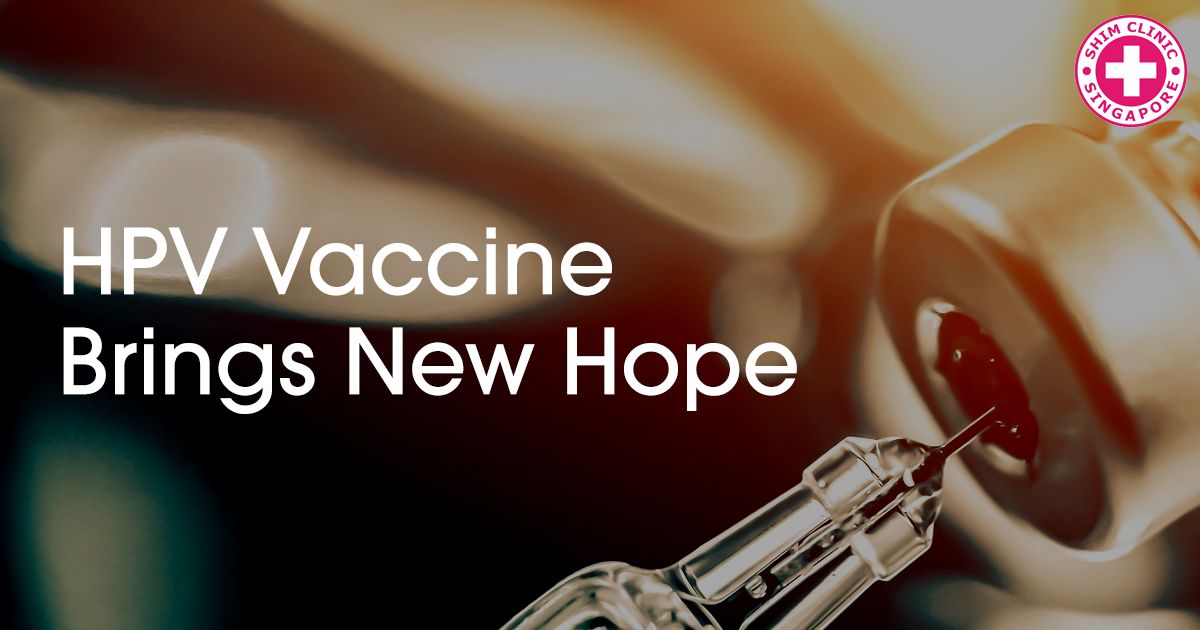Cervical cancer vaccines like Gardasil 9 and Cervarix are predominantly known for offering protection against this one type of malignancy. They can, in fact, significantly reduce the rate of several other cancer varieties that have been linked to an infection with the human papillomavirus (HPV).
Gardasil 9, in particular, has so far proven to be incredibly promising in bringing down the number of cervical, mouth and throat cancer cases. The reason for this effect is easy to understand – Gardasil 9 offers protection against the biggest range of HPV strains.
The vaccine is leading to hopes for the potentially complete elimination of cervical cancer and the reduction of several other types of malignancies.
HPV Vaccines Could Cut Cancer Rates in the Future
HPV is a sexually transmitted disease and there are numerous viral strains. Some of them go unnoticed, some cause genital warts and some could lead to cervical cancer. These are known as the high risk HPV strains. Cervical cancer vaccines target these specific strains because they’re known to cause over 70 per cent of all cervical cancer cases.
Vaccination among girls has already contributed to a reduction in the number of diagnosed cervical cancer cases. Researchers, however, also believe that it’s important to vaccinate boys for an even more pronounced reduction in HPV infections in the future.
A Scottish report published in April 2019 shows that since the introduction of HPV vaccination 10 years ago, cervical pre-cancer has been nearly wiped out. In the country, approximately 90 per cent of girls are already vaccinated.
According to the researchers, vaccination among men should be the next target to bring down the rates of penile, mouth and throat cancer. All of these have been on the rise and HPV is once again a common culprit.
An even more extensive study was published in the Lancet, reviewing data from the UK and Canada. The medical records of over 60 million people were examined over a period of eight years.
The researchers found out that the two HPV types most likely to cause cervical cancer, HPV 16 and 18, have been reduced significantly after the launch of vaccination programs. The rate of infections among girls aged 13 to 19 fell 83 per cent and the reduction in women aged 20 to 24 was 66 per cent.
Cervical cancer develops slowly. Regular PAP smears and HPV vaccination can result in the early prevention or the complete elimination of such malignancies. Currently, most women dying from cervical cancer live in poorer countries where prophylactic options are limited and HPV vaccination programs have not been introduced yet.
The State of Affairs in Singapore
In Singapore, 429 women are diagnosed with cervical cancer each year. Of all diagnosed women, 208 will die from the disease during a given year, the HPV Information Centre reported.
Currently, cervical cancer is the eighth most common cause of cancer deaths among women. According to the Singapore Cancer Society (SCS), however, it can be wiped out completely through the introduction of Singapore Gardasil 9 vaccination programs.
Starting 2019 and continuing over the course of two more years, Singapore will launch an HPV Education and Immunisation Programme. The aim of the initiative is to increase awareness about cervical cancer and the preventative options that are already available.
Three types of vaccines are accessible in Singapore – Gardasil 4, Gardasil 9 and Cervarix. Of these, Cervarix offers protection against the two most dangerous HPV strains, Gardasil 4 offers protection against four strains and as the name suggests, Gardasil 9 offers the most extensive and comprehensive protection. As a result, Gardasil 9 in Singapore is an equally suitable option for men and women who want to eliminate the risk of ever getting infected with HPV.
Through such medical developments and educational initiatives, gynaecologists believe that cervical cancer will fall off the list of the top 10 cancers among women in the coming years. For the purpose, more parents should understand the possibilities and importance of vaccinating children prior to their first HPV exposure (through sexual contact).
Who Should Get Vaccinated?
A STD clinic like Shim Clinic offers convenient and easy vaccination options against HPV infections. While all people up to the age of 45 can get vaccinated, effectiveness is reduced significantly in recipients older than 26.
The reason for this reduced effectiveness is simple – people who are sexually active might have already been exposed to an HPV strain. As a result, the vaccine will not deliver such significant results as in the case of a younger individual who hasn’t been exposed.
It is recommended that vaccination starts at the age of 11 or 12 among both boys and girls. The vaccine would contribute to the best possible immune response at this age.
Those over the age of 26 need to see their physician and talk about the prospects of getting vaccinated before moving forward with the procedure.
All three vaccine varieties available in Singapore are safe and effective. More than 270 million doses of HPV vaccines have been administered worldwide already. Studies continue showing that the vaccines are safe and well-tolerated. Minor skin reactions could occur in some of the vaccinated individuals but they tend to resolve quickly.
If you’re interested in getting vaccinated against HPV, contact Shim Clinic today or visit us during our working hours every day of the week. We’ll consult you about vaccine specifics and answer your questions to help you make a truly informed decision about your health.

